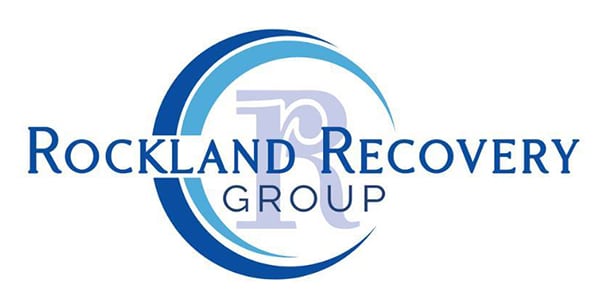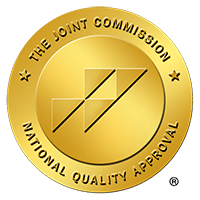The relationship between mental health and addiction is a complicated one. Nearly thirty-eight percent of individuals with substance abuse disorders are also living with a mental illness. Mental health conditions often go undiagnosed or undertreated. This increases the risk of addiction and relapse for those who have been through treatment. It’s important to address co-existing disorders in addiction treatment for complete healing.
Jump to Section
The Connection Between Mental Health and Substance Abuse
The connection between addiction and mental health is reciprocal, and they frequently coexist. When someone is dealing with both, it’s like juggling multiple balls in the air without knowing how to keep them all in motion, risking a crash at any moment.
Those who are struggling with mental health may turn to drugs or alcohol to deal with feelings of depression, anxiety, and trauma. Drugs or alcohol may offer an escape from the struggles of mental health disorders, but in the long term, substance use can make mental health worse.
While mental health is often at the core of addiction, substance misuse can also lead to the development of mental health problems. This can turn into a vicious cycle, where mental health disorders feed the addiction, which in turn increases the severity of mental health symptoms.
Do you focus on treating the addiction or the mental health condition that’s at its root?
The answer is both. Dual diagnosis treatment is an approach to addiction recovery that simultaneously addresses both addiction and co-occurring mental health disorders.
Treating Mental Health and Addiction
Mental health and addiction aren’t isolated from one another, and treatment shouldn’t be either. When an integrated approach like dual diagnosis therapy is used, we see improved short-term and long-term outcomes.
Dual diagnosis treatment helps the individual to untangle the relationship between addiction and mental health while providing the individual with the tools to manage both more effectively.
Addiction can coexist with any mental health disorder, but there seem to be certain conditions that are more prone to addictive behaviors. These include ADHD, anxiety disorders, OCD, bipolar disorder, schizophrenia, anxiety and panic disorders, and PTSD.
Unfortunately, not everyone who needs dual diagnosis treatment receives it. More than half of individuals with co-existing disorders don’t receive any treatment at all for either condition, and not even ten percent receive treatment for both. If you or your loved one are struggling with both addiction and mental health issues, please know that you deserve and are worthy of receiving the treatment you need.
If you need help or additional resources, the Substance Abuse and Mental Health Services Administration (SAMHSA) offers many. Their resources include an online addiction and mental health provider directory and a 24-hour National Helpline at 1-800-662-HELP (4357).
Integrated Treatment for Co-Occurring Disorders
At Rockland Recovery, we believe that every person deserves the treatments that lead to the best long-term recovery outcomes. Each recovery journey begins with a full assessment, which can help identify the need for mental and behavioral health treatment.
This isn’t a single one-and-done assessment. Drug detox and withdrawal can create a situation where mental health disorders are difficult to diagnose. During detox and inpatient treatment, continual assessments ensure the proper diagnosis.
When a person enters an outpatient addiction treatment program, they will spend time with a mental health professional experienced in co-existing mental health conditions. This helps form a diagnosis and develop an appropriate treatment plan.
Integrated treatment is a valuable component of both inpatient and outpatient addiction treatment. Examples of therapies for mental health care in addiction recovery include:
- Cognitive Behavioral Therapy CBT
- Dialectical Behavioral Therapy
- Peer Support Groups
- Contingency Management
- Medication Management
Managing Co-Occurring Disorders with Dual Diagnosis Treatment in Massachusetts
When we treat addiction and mental health disorders together, we improve outcomes across the board. Dual diagnosis treatment is a comprehensive, holistic approach to addiction recovery. Treating both can help break the cycle of mental health and addiction. If you’d like to know more about our dual diagnosis treatment center, contact Rockland Recovery at 888-299-4833 for more information.






